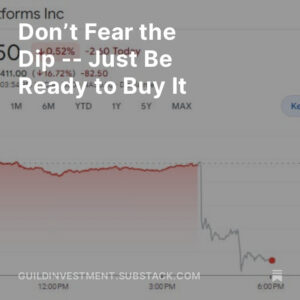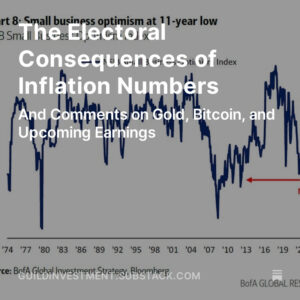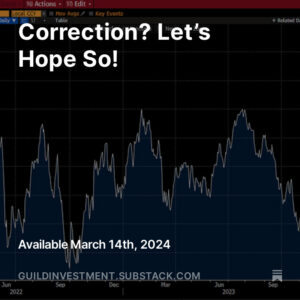Current events in Europe show that even if it’s inexorable, the decarbonization of the global economy is unlikely to be smooth.
The latest drama swirls around natural gas and the new German government elected in November, which includes more powerful representation from the Green Party than ever before. The Greens are part of a coalition government; one Green leader, Annalena Baerbock, will be foreign minister, and the other, Robert Habeck, will head up a “super ministry” for the economy and climate. One German Green MEP commented, “We are in charge of all key energy and climate ministries.”
This places Germany firmly on a path to decarbonization — and that includes natural gas, which is a critical “bridge fuel” to power economies as they shutter coal capacity. The Greens have thus far been disappointed by the lack of a stated target date to phase out natural gas. The Greens are also anti-nuclear. Germany closed three of six nuclear plants in 2021 and the other three are scheduled for closure in 2022.
The EU’s market commissioner, the French businessman Thierry Breton, has said that the EU should be “pragmatic,” and that an energy transition to renewables “is simply not possible without nuclear power,” noting that the EU will need to double electricity generation capacity over the next 30 years.
This division highlights the basic disagreement between the bloc’s most powerful member states: Germany is anti-nuclear, and France is strongly pro-nuclear, planning to build many new SMRs in the coming decade. France has had a robust nuclear industry since the early 1970s.
The current radicalization of German policy is playing out against a backdrop of punishing volatility in natural gas prices as winter continues. Europe is dependent on natural gas — and specifically on natural gas from Russia, since the continent’s own supplies are limited. That in turn means that in Europe as in many other places, energy is a geopolitical problem. In spite of domestic and international opposition, Germany had long promoted the Nord Stream 2 pipeline project, which would provide Russian gas supplies a more direct route into western Europe. The incoming German government suspended certification of the Nord Stream 2 in November, and it may not go online until July.
The consequence has been whipsawing energy prices in Europe, with renewables incapable of supplying reliable baseload generation, alternatives all under a cloud, and gas and electricity costs spiking. Clearly, this is an untenable situation, and more pragmatic Europeans know it. It is providing a windfall for some LNG providers as more ships re-route from Asian routes to deliver to Europe. We expect this to be a short-lived phenomenon, but given the political nature of the case, similar volatility from other sources may recur.
Against German and Austrian opposition, the European Commission has just passed a plan that would allow some natural gas and nuclear generation capacity to be designated as “green.” To us, this is simple sanity, since citizens and corporates need to know that electricity supply and costs will be reliable and predictable. Many countries in Europe’s south and east will join in the push for a more nuanced and gradualist approach to the energy transition.
Russia, however, is a possible longer-term thorn in the side of European energy stability. It has spent much of the winter thus far in a studied slow-walk of gas supplies through existing pipelines (such as Yamal). While Russian spokesmen indicated that they would increase supply to meet European demand, that has not manifested in higher pipeline bookings, spooking markets and leading to drastic price swings. Certainly, this is related to ongoing tensions at the border between Russia and Ukraine. In spite of western assurances to the contrary three decades ago, NATO has marched closer and closer to Russia’s borders, and it may well be that Ukraine is an existential matter for Russia. We can only hope that cool heads prevail — but in any event, Europe’s energy prostration, engineered by climate ideologues, can only offer Russia more tools for maintaining hegemony in its traditional sphere of influence.
Investment implications: Europe’s energy mess — concocted equally of intransigent ideology, poorly conceived policy, and poorly managed geopolitical tensions — inspires some instructive reflection on the global movement towards decarbonization. If the global economy is going to gradually move towards renewables, the process will need to be slower than passionate environmentalists would like it to be, if we are to avoid troublesome or even catastrophic disruptions in power, or demand-destroying price spikes. If we are to have a recognizably modern economy and lifestyle, they will need inputs such as natural gas and nuclear (and we think the proportion of voters who would actually tolerate anything else is vanishingly small). The drumbeat of opinion is against fossil fuels and nuclear energy, but both will maintain their critical position in the world’s energy mix for many decades to come.







